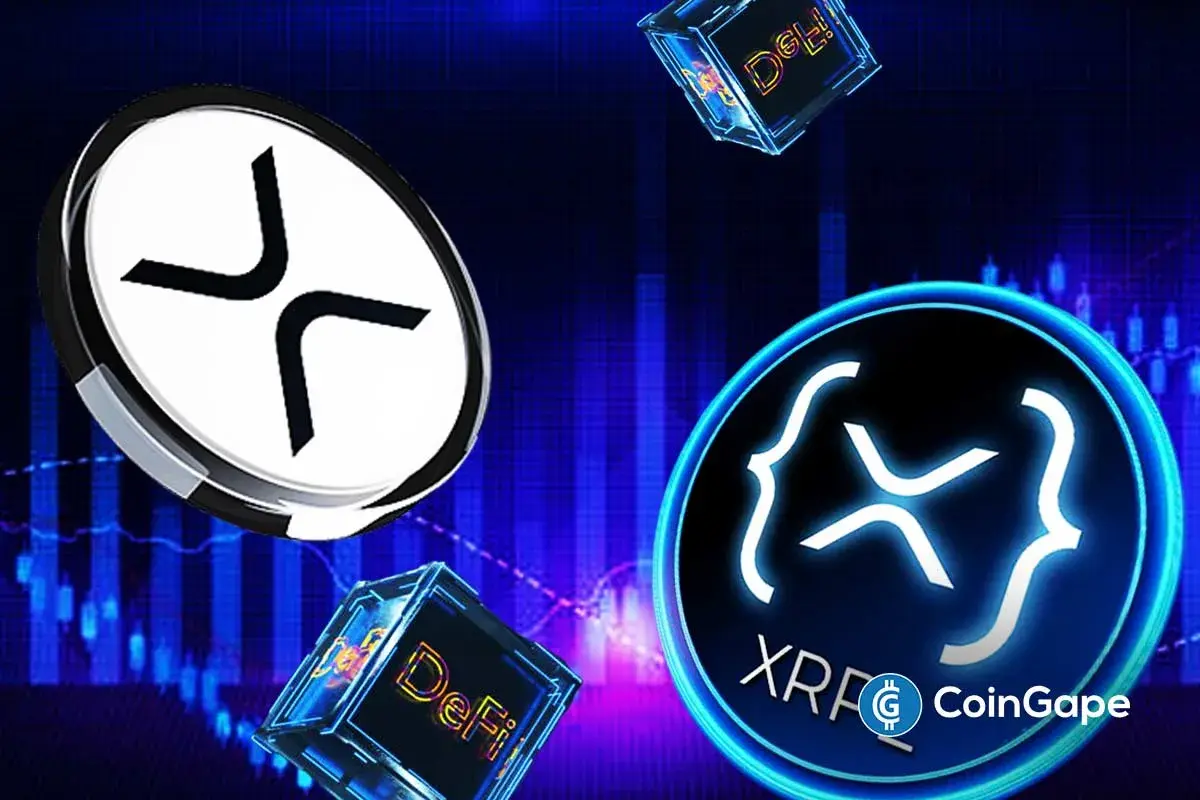Bitcoin News: Fitch Ratings Downgrades El Salvador’s Long-Term IDR to ‘CCC’ from ‘B’

Fitch Ratings, one of the big three credit ratings agencies, has downgraded El Salvador’s long-term issuer default rating (IDR). Fitch now rates El Salvador’s debt repayment capacity at CCC, a step lower from B on the firm’s scale. It cites uncertainty created by the Central American country’s adoption of Bitcoin as legal tender to be the major reason for the slide down the rating scale.
Bitcoin adoption as legal tender threatens El Salvador’s economy
Fitch Ratings, which provides credit ratings for global capital markets, in its latest rating action commentary has downgraded El Salvador’s credit rating. El Salvador’s Issuer Default Rating (IDR) was previously ranked as B. This level indicated that the country, while having a material risk of default, still had “a limited margin of safety.”
The new rating of El Salvador, which is CCC, indicates that the country has now eroded its margin of safety and now faces a real risk of defaulting on its long-term debts. Fitch states that the downgrade took into consideration several factors. One of the major factors is President Nayib Bukele and his plans around Bitcoin that caused the IMF to raise concerns.
In Fitch’s view, weakening of institutions and concentration of power in the presidency have increased policy unpredictability, and the adoption of bitcoin as legal tender has added uncertainty about the potential for an IMF program that would unlock financing for 2022-2023, the statement said.
Fitch also opined that these risks may begin to manifest from 2023 when El Salvador will have to service over $1.2 billion in debt. It notes that the first payment from this amount is an $800 million Eurobond due in January 2023. Ultimately, the firm estimates a financing gap of $2.5 billion for El Salvador in 2023.
El Salvador remains confident of its Bitcoin bet
Fitch has not been the first ratings firm to state its concerns over Bitcoin adoption in El Salvador. Last month, Moody’s, which is also a big three ratings firm, warned that El Salvador’s rating may drop further if the country continued its Bitcoin buying. Moody’s downgraded El Salvador to CAA1 last July, shortly after president Nayib Bukele announced that the country would adopt Bitcoin as legal tender.
Despite Moody’s warning, El Salvador has gone on to add to its Bitcoin holding. Bukele’s response to Moody’s stance was that the country does not take much stock of the opinion. El Salvador is also proceeding with plans to issue Bitcoin denominated bonds worth $1 trillion in March. The country has also continued to deploy more Bitcoin ATMs.
- Will Crypto Market Crash as U.S.–Iran War Reportedly Imminent?
- Bitcoin Quantum Threat: CryptoQuant’s CEO Flags Risk of Losing Satoshi’s 1M BTC Stash to Hackers
- Crypto Regulation: Hyperliquid Launches Policy Group to Push DeFi Integration in U.S. Markets
- XRP News: XRPL Activates Permissioned DEX Upgrade to Boost Institutional DeFi Adoption
- WLFI Token Sees 19% Spike Ahead of World Liberty’s Mar-a-Lago Forum Today
- Why Shiba Inu Price Is Not Rising?
- How XRP Price Will React as Franklin Templeton’s XRPZ ETF Gains Momentum
- Will Sui Price Rally Ahead of Grayscale’s $GSUI ETF Launch Tomorrow?
- Why Pi Network Price Could Skyrocket to $0.20 This Week
- Pi Network Price Beats Bitcoin, Ethereum, XRP as Upgrades and Potential CEX Listing Fuels Demand
- 5 Things Dogecoin Price Needs to Hit $0.20 in Feb 2026


















